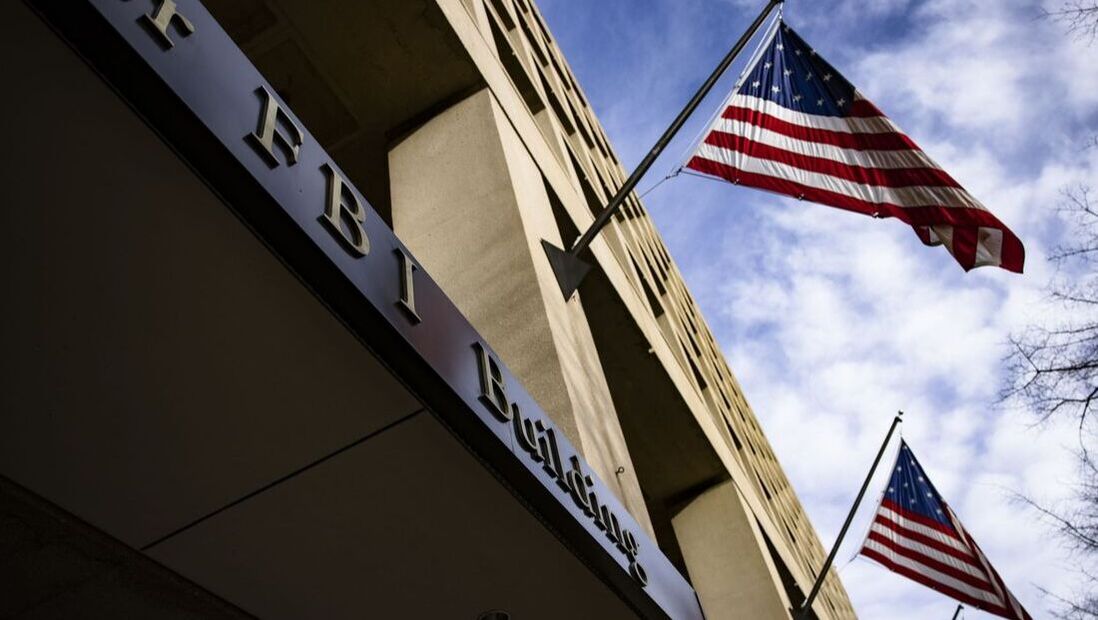Highlights Absurd Twisting of Rules by FBI Agents to Evade AccountabilityThe Project for Privacy and Surveillance Accountability filed a brief today in FBI v. Fazaga, an upcoming U.S. Supreme Court case that will test the ability of the government to rely on the State Secrets privilege to close off American citizens’ access to justice.
The facts of the case are simple and shocking. The FBI paid an informant to pretend to convert to Islam to infiltrate a mosque and plant listening devices. The plaintiffs allege there was no probable cause and that they were targeted because of their religion. The informant was instructed to surveil Americans for being devout followers of Islam, the more “Muslim” a person was, the “more suspicious” the FBI considered him. Once taken to court over these violations of Americans’ First and Fourth Amendment rights, the government immediately moved to dismiss claims of religious discrimination by invoking the State Secrets privilege. This doctrine effectively shuts down judicial inquiry by blocking access to the facts needed to prove (or to defend against) charges of unconstitutional conduct. The government’s assertion of this privilege is so extreme that it holds that the Supreme Court itself cannot exercise judicial review over the secret opinions of the Foreign Intelligence Surveillance Act (FISA) court. The government’s handling of Fazaga reveals the slippery ways in which it distorts the law and the Constitution to protect itself from any accountability. Here’s the legal formula the government uses. First, government lawyers invoke the State Secrets privilege. This compels a judge to review the protected materials in her chambers so the secret information at the heart of the case can be privately and securely considered. But other parties and their counsel are denied the ability to review any claimed “state secrets” and thus cannot make or defend against any claim of wrongdoing. Having boxed in the court and the parties, the government agents who committed the constitutional violations – who were also sued – then claim to be denied their Seventh Amendment right to a jury trial because their employer has blocked the evidence and therefore insist that the claim be dismissed. The result is to shield the most relevant facts from being litigated and to short-circuit the case, effectively denying plaintiffs their right to make their case to a jury – or, indeed, to any trial at all. “The assertion that the victims of alleged constitutional violations must bear the cost of government’s refusal to release information relating to such violations gets things backwards,” said Erik Jaffe, PPSA president. “While there may indeed be occasions where national security concerns prevent a full public airing of certain facts in a case, that should not entirely prevent it from going forward. In this case, some form of constitutional remedy is better than no remedy at all. If ordinary juries are indeed incapable of hearing certain evidence without threatening national security, then court precedents allow for bypassing juries in exceptional cases. Cases involving claims that national security trumps the Constitution should certainly qualify as exceptional. “We urge the Court to recognize that the government or its agents should not be able to avoid accountability by an all-too-clever, two-step process of invoking obscure evidentiary rules to suppress evidence central to the case and then have its agents self-servingly hide behind a claimed Seventh Amendment right to have a jury evaluate facts that they are forbidden to hear,” Jaffe said. “To accept the government’s argument would be to completely close the courthouse doors to any American whenever national security is invoked to avoid scrutiny of the government’s unconstitutional conduct.” Comments are closed.
|
Categories
All
|


 RSS Feed
RSS Feed